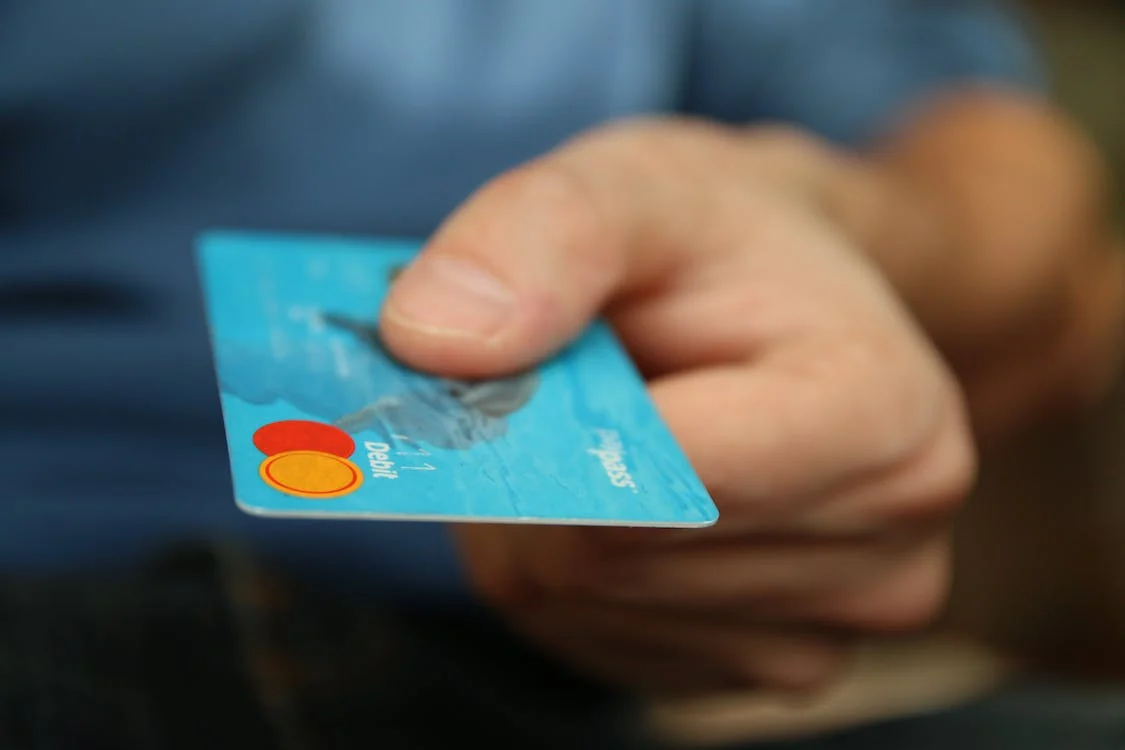Credit cards have many benefits, from helping you to build your credit, protecting large purchases, spreading costs out over a longer period and also to help you budget. However, it is vital that you understand your credit card and when you need to pay everything off. There are also many myths about credit cards out there, and we are here to introduce four of them and to bust them so you really know about credit card myths!
MYTH 1: Having A Credit Card Means You’ll Get Into Lots of Debt
Although your credit card gives you the ability to spend, you don’t have to spend. You might have an overdraft of £5,000, but that certainly doesn’t mean you have to spend it. So, say you spend £500 on your credit card, then you clear the balance in full at the end of the month, you’re not going to be in debt! If you don’t pay it off, and then do the same the following month, this is when you start to accrue debt. It is really important to pay off your card each month, and that you only spend as much as you can afford to pay off. A good tip to follow here is to never spend more than 25% of your credit card at once. So, say you have a £1,000 allowance on your credit card, you should never spend more than £250 of it before you have paid it all off.
MYTH 2: Only Worry About Paying Off Minimum Repayments
Technically, you only need to pay off the minimum repayments on your credit card each month. However, you need to avoid doing this, as you will be gaining interest on the money you have borrowed, so not only will it take you much longer to pay off the actual debt you owe, but you will also then be paying off the interest. So, you should always aim to pay your credit card bill in full each month, helping you to avoid interest completely.
MYTH 3: You Can Miss Payments Without It Impacting Your Credit Rating
Many people believe that you can miss payments on your credit card and it won’t impact your credit rating, however this definitely is not the case. Missing your monthly payment is one of the worst things you can do, as it will not only have a negative impact on your credit score, but you will also likely be charged a penalty for not paying. This won’t just cause a temporary fluctuation of your credit score, but it will stay on your credit record for 6 years! If you do need to rely on your credit score at any point, for example if you’re looking to get a mortgage, this could come back to bite you. So, the best thing to do is set up a monthly direct debit so you know you never forget to pay.
MYTH 4: Closing A Credit Card Will Help Your Score
Another myth to do with credit cards is that if you have a credit card you don’t use and you close the account, that it’s going to help your credit score. The reality is that it could actually lower your score in some instances. Building your credit score isn’t about just having a credit card and not doing anything with it.
It’s all about showing that you can borrow money and then pay it back in time, which shows that you are trustworthy with money and people are more likely to want to lend to you. So, you could have 10 credit cards and do nothing with them and it doesn’t mean you’ll have a great credit score. The best thing to do is to have one credit card, only spend as much as you can afford and then pay it back on time.
MYTH 5: A High Credit Card Limit Is A Bad Thing
Many people think that having a high credit card limit is a bad thing, but what it actually means is that you are trusted to pay back a higher amount than you borrow. Of course, when you have a higher credit limit, it is vital that you don’t overspend and you always spend within your means. If you do get offered a high credit card limit, and you don’t trust yourself with it, you can ask your bank to reduce it.
Final Thoughts
Having a credit card can be great for your credit, but you do need to make sure that you understand everything about your credit card so you don’t end up with unexpected fees or charges. If you do feel that your debt is getting out of control, you absolutely shouldn’t ignore it, but instead should start to look at your options. This might be to apply for an IVA or speak to a financial advisor. You could also use an IVA calculator to find out how much of your debt you do not have to pay off. Ignoring debt is the worst thing you can do, so just make sure you are proactive in your approach.


